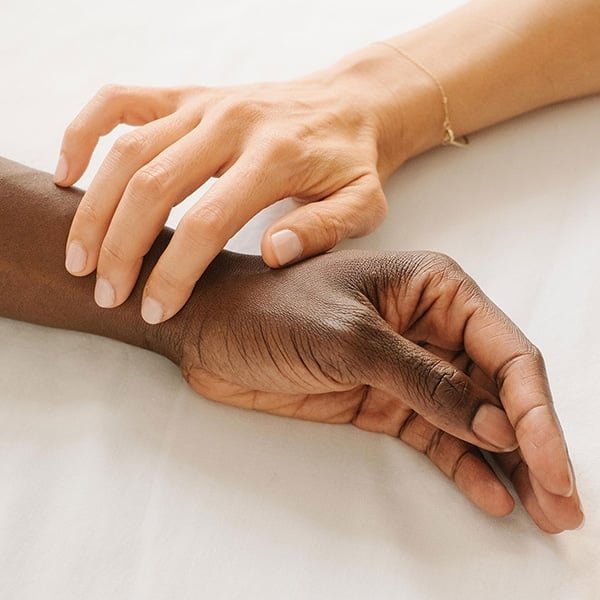
FAQ
Answers to our Most Common Questions
-
Acupuncture and Classical Chinese Medicine (CCM) are holistic approaches that can be tailored to a wide range of conditions. Whether you're experiencing pain, stress, digestive issues, or other health concerns, acupuncture may help balance your body's energy and promote healing. A consultation will help determine if it's right for you.
-
Yes, acupuncture is safe when performed by a trained, licensed practitioner. The needles are sterile, single-use, and disposed of after each session. Acupuncturists follow strict safety protocols to ensure a safe treatment experience.
-
A typical acupuncture session involves an initial consultation, where the practitioner assesses your health concerns. Thin, sterile needles are then inserted into specific points on the body to stimulate healing. Sessions usually last 30–60 minutes, during which you may feel relaxed or even fall asleep.
-
The number of treatments varies depending on your condition and response to acupuncture. Acute issues may improve after a few sessions, while chronic conditions may require longer-term treatment, typically weekly or bi-weekly, until noticeable improvement is achieved.
-
Yes, Chinese medicine can often complement Western treatments. Many patients use acupuncture alongside conventional medical care to enhance results and promote overall wellness. Always consult your healthcare provider before combining treatments.
-
Herbal medicine is generally safe when prescribed by a trained practitioner who tailors the formula to your specific needs. Like any medication, it's essential to follow professional guidance and inform your practitioner about any other medications you are taking.
-
Chinese herbs can be administered in various forms, including teas, powders, capsules, or tinctures. The form prescribed will depend on your condition and personal preferences.
